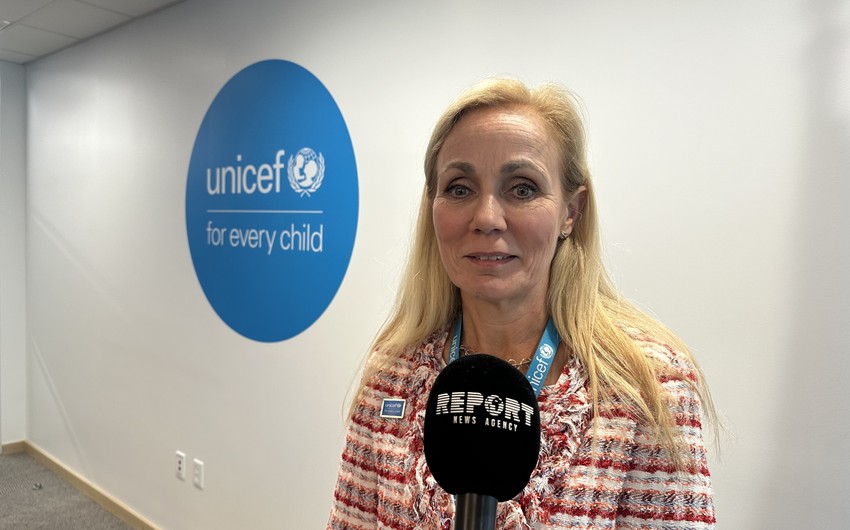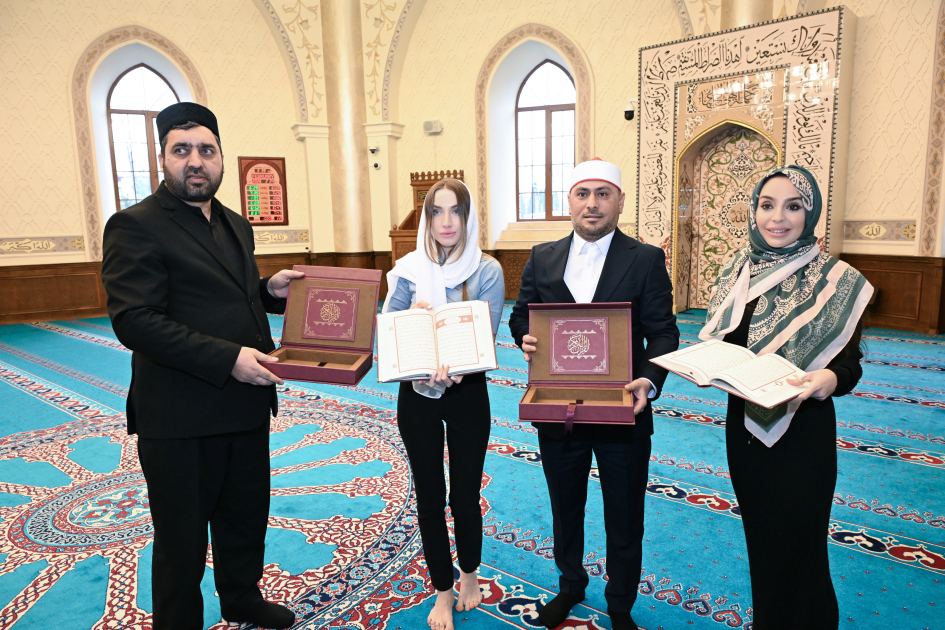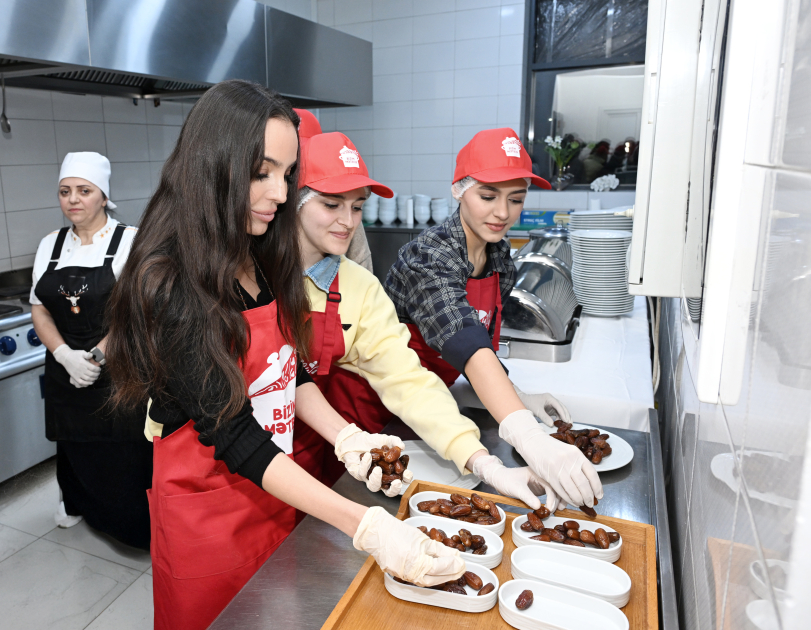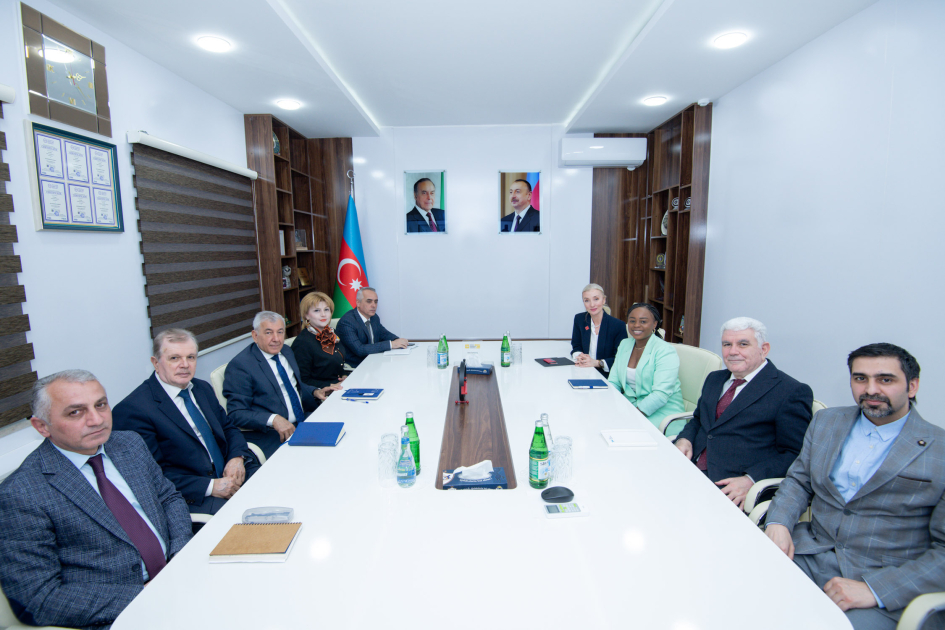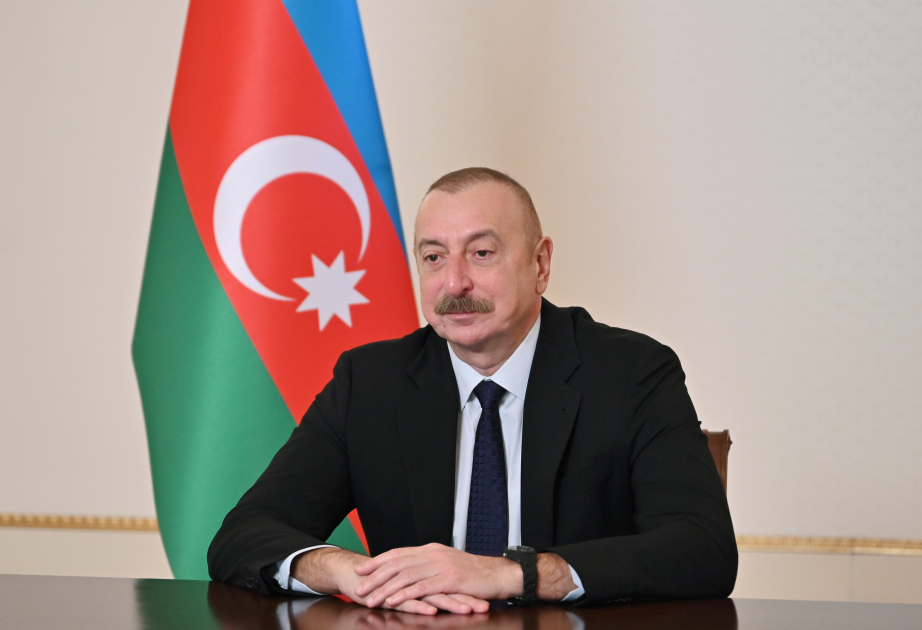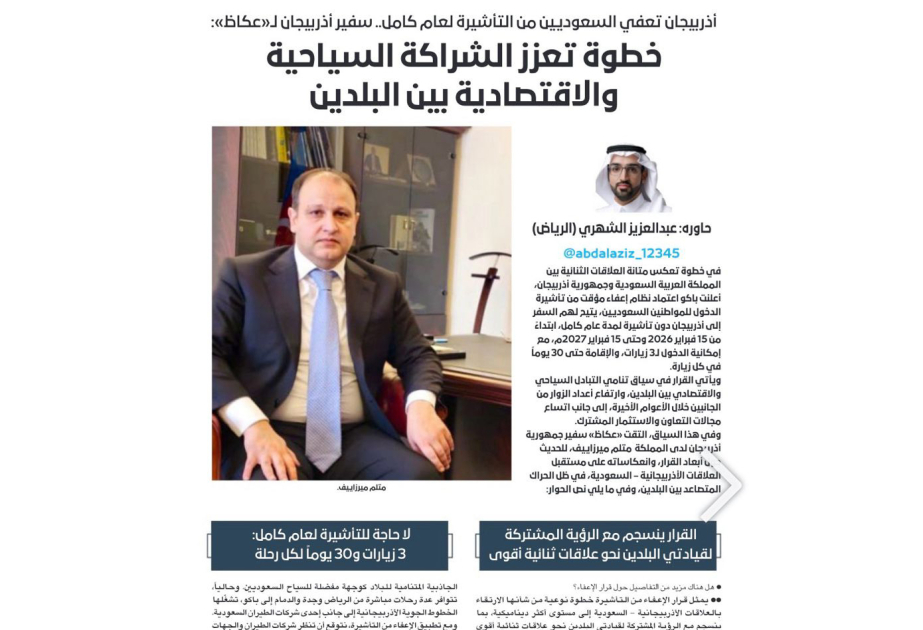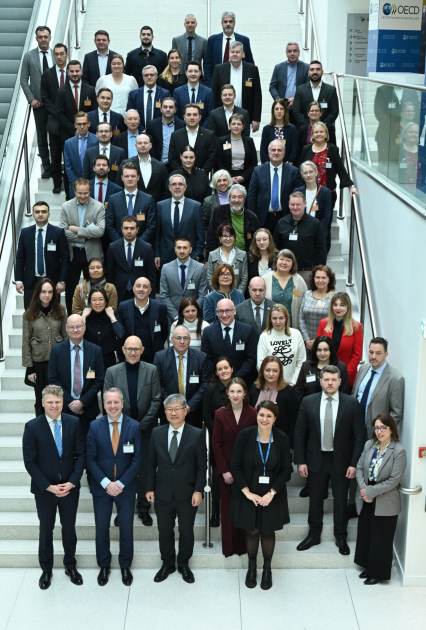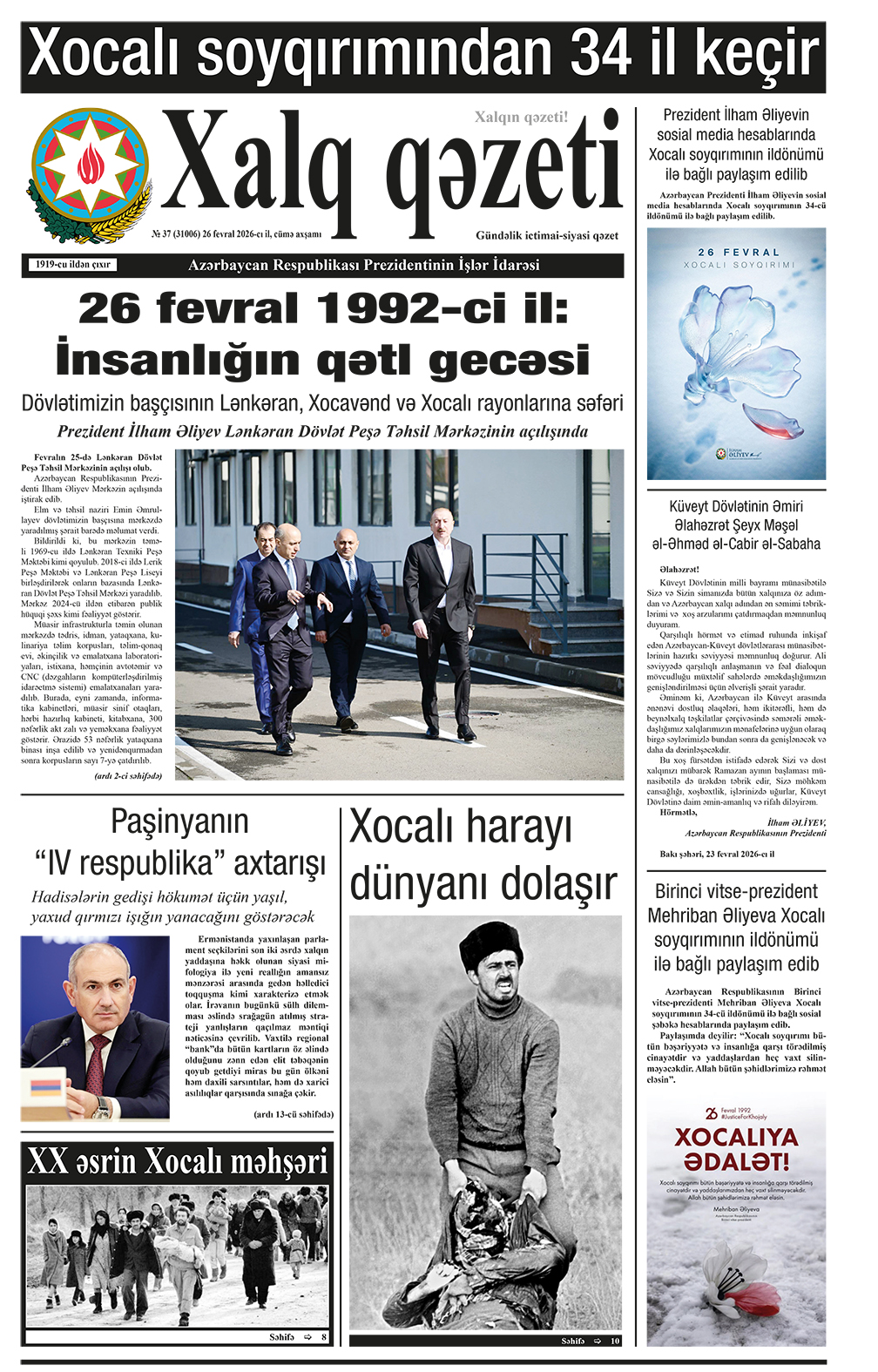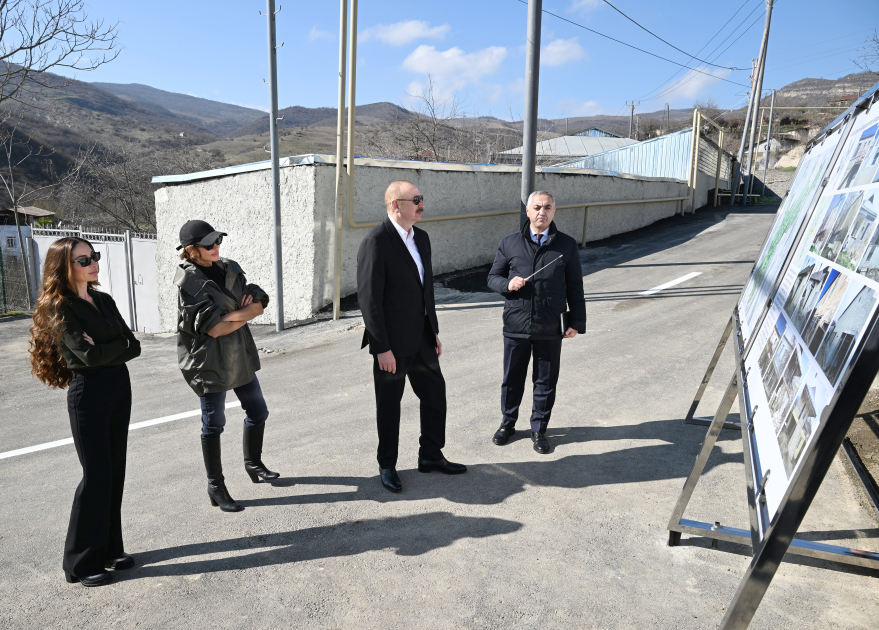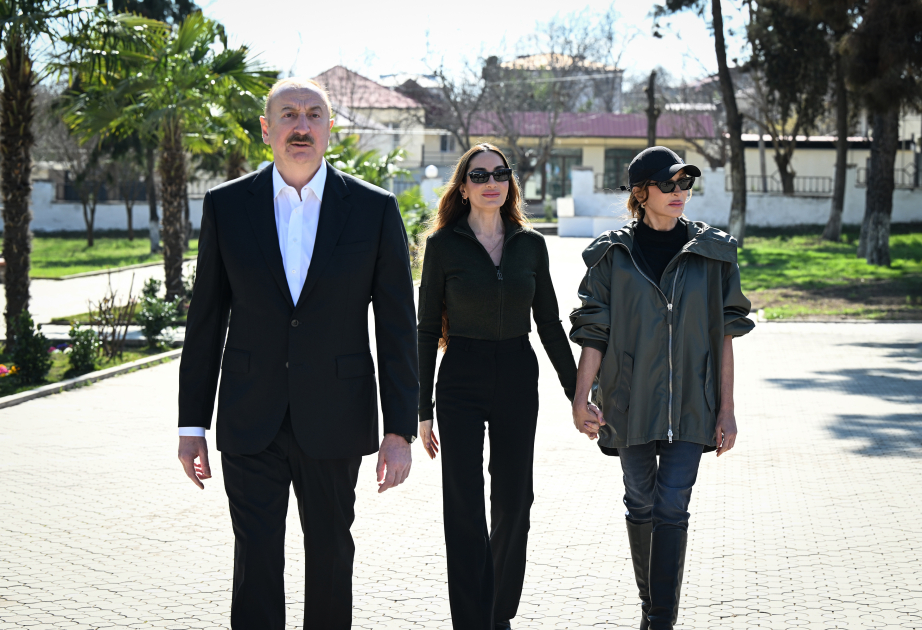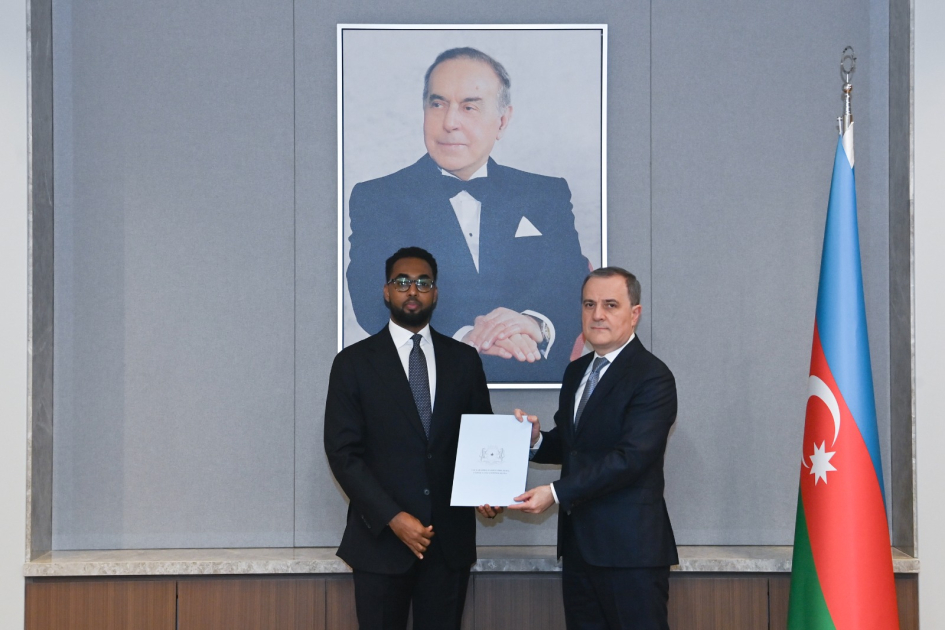Azerbaijan has a successful plan of child-related initiatives as part of its COP presidency, and UNICEF is confident that serious steps will be taken at COP29 to protect children from the consequences of the climate crisis, Kitty van der Heijden, assistant secretary-general and deputy executive director, partnerships, of UNICEF, told Report.
She noted that despite children being more vulnerable to the negative impacts of climate change than others, this issue has not been included in the COP agenda for years.
"The main reason why we, as UNICEF, are so actively involved in initiatives to combat the effects of climate change is that, although children are subject to an unprecedented negative impact of climate change, this has not been considered a serious problem. Alarming data shows that 88% of people affected by climate change are children under five years old," said van der Heijden.
The UNICEF deputy executive director noted that children are exposed to various negative impacts of the climate crisis.
"Lack of food, floods catching children who can't swim off guard, premature births and low birth weight in pregnant women as a result of heat waves show that minors are exposed to various negative impacts. However, since they have no voice and cannot speak about their problems at the international level, this issue has never been recognized as a priority at climate conferences," stated Kitty van der Heijden.
She also spoke about Azerbaijan's successful plan of child-related initiatives as part of its COP presidency.
"At COP28, for the first time in the 30-year history of the UN Framework Convention on Climate Change (UNFCCC), the unprecedented vulnerability of children in the face of climate change was brought to the attention of the international community. We expect that Azerbaijan will keep three key issues on the agenda of its COP29 presidency. First, we want children to participate in decisions that affect their future. Second, it is important that children are a priority in climate policy. We know that governments will present their national climate plans over the next six months. In this project, implemented at Azerbaijan's suggestion, parties will focus on the impact of climate change on children's health. This will allow countries to implement a preventive action plan to protect children. The third and most important issue is that climate financing needs to be directed to priority areas. Children are literally our future, but currently only 2.4% of multilateral climate financing is allocated to protecting children from the climate crisis. Azerbaijan has a successful plan of child-related initiatives as part of its COP presidency, and we are confident that serious steps will be taken at COP29 to protect children from the consequences of the climate crisis," van der Heijden added.


